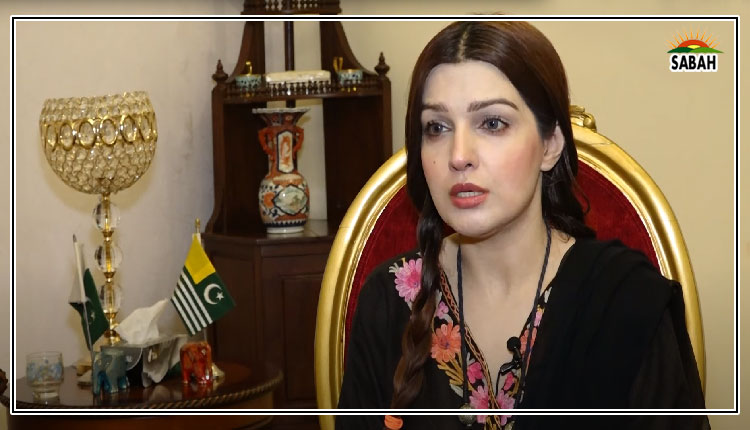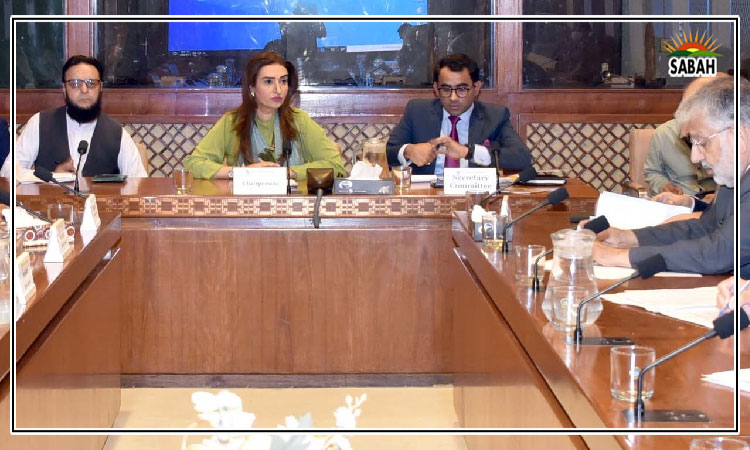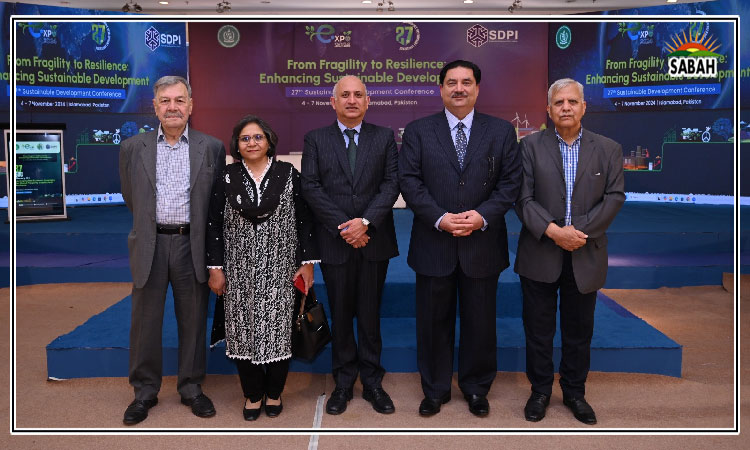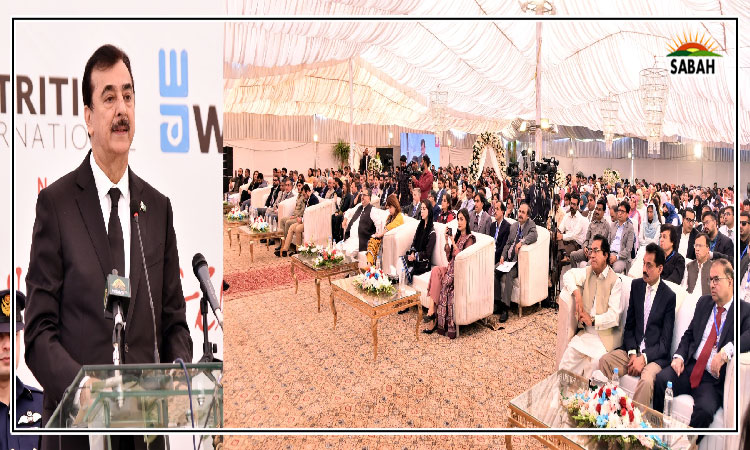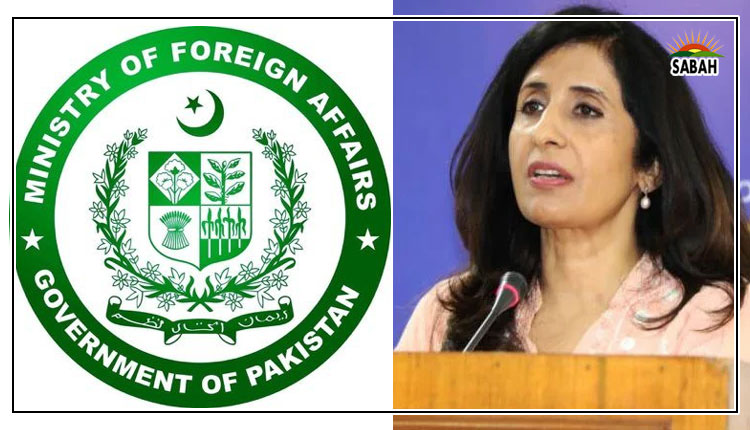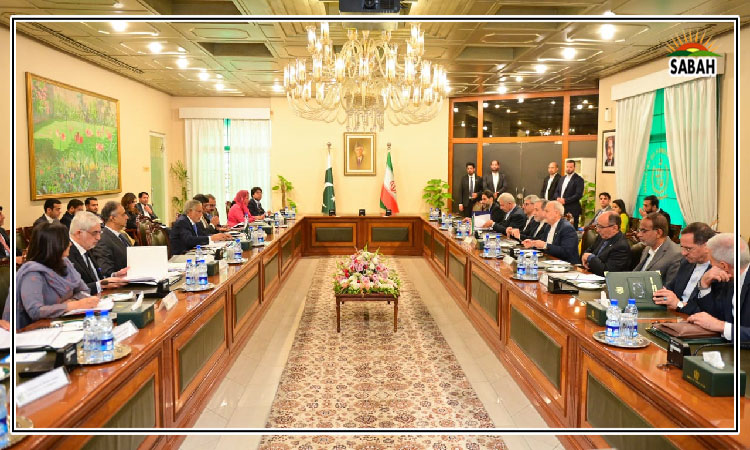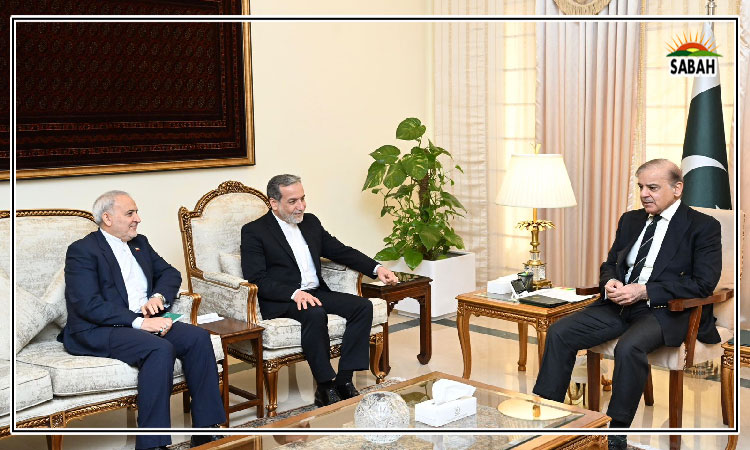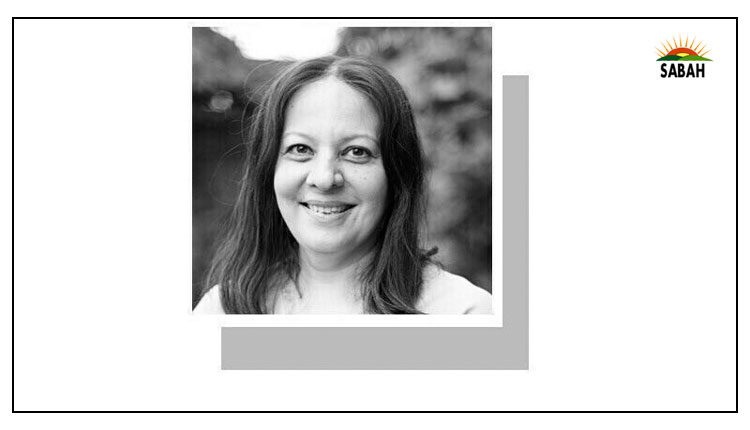Forget about it…Muna Khan
SOMETIME in the mid-2000s, while moving house in Karachi and sifting through things to keep, I came across an old briefcase filled with our school report cards. My fifth grade teacher Mrs Murray wrote in my report card that she would not be surprised if I became a writer but I needed to work on my spellings. (The latter is true even today.) I remember clearly being stumped with this revelation: what could I have possibly been writing as a fifth grader to make her think this? Why didnt my parents say this when I began a career in journalism?
I wanted to write an essay about that moment but to my dismay, I could not find that report card. Did I make the whole thing up or did I misremember what she wrote? Can I still write about that moment or is it false because I dont have the proof?
Does our memory have an intrinsic limitation; whats the most we can remember? Why do we remember the things we do and forget the things we forget? Do we have a choice in the matter? These are just some of the questions Im asking while I work on a collection of essays and create a syllabus for a personal narrative workshop I hope to teach. To that end, I have been reading up on memory to understand how the brain sifts and stores information, and also which information. Is there anything to help us fix lapses in our memories?
Neuroscientist Charan Ranganaths new book Why We Remember didnt have the answers about my report card but it did help me understand the way we remember. And provides some solace to anyone who fears theyre losing their minds because they cant remember where they left their keys. Short answer: youre not.
He writes the brain is doing what its meant to: prioritising information to store and leaving nonessentials aside. This, he explains, enabled our survival. Storing routine stuff isnt necessary but retaining traumatic events protects you from repeating them. He acknowledges it is harder to remember with the onslaught of information and images courtesy our 24/7 news, social media notifications and busy lifestyles filled with multitasking. Incidentally multitasking is a memory impediment. Trying to stay focused is good for memory retention.
Does our memory have an intrinsic limitation?
Ranganath says the problem lies in our expectations of what memory is.
Severe memory loss is undoubtedly debilitating, he writes, but our most typical complaints and worries around everyday forgetting are largely driven by deeply rooted misconceptions.
We think memories are about the past, they are fixed, they are an archive of our life stories, and, a common mistake, our memories are trustworthy. This is not true, and he cites an example about a man in the US who, in the 1900s, confessed to a murder he did not commit. We also know how unreliable eyewitness testimony has wronged so many people.
He delves into the differences between episodic memory going back in time to recall past events and semantic memory remembering factual information. He writes about how other parts of the brain work and engage in storing and retrieving memories as well as the role of brain chemicals like dopamine in managing emotions.
Perhaps my biggest takeaway from his book was learning that a memory isnt a rewind into a past event but a re-narration based on our understanding of the world at that moment.
Our memories are malleable and sometimes inaccurate because our brains were designed to navigate a world that is constantly changing: A place that was once a prime foraging site might now be a barren wasteland, he writes. A person we once trusted might turn out to pose a threat. Human memory needed to be flexible and to adapt to context more than it needed to be static and photographically accurate.
This book made me think about our collective short-term memory, why we keep making the same mistakes; why everything has a sense of dj vu. Also, who wants us to forget what in Pakistan. We want May 9 forever etched in our memories but not events that led to the creation of Bangladesh. We must not forget our identity is linked to religion and whos really in charge, along with a host of issues that keep us static.
Ranganaths book also made me reflect on how nostalgia makes societies linger in the past attached to hamaray zamaanay mein (in our time) things were better. Were unwilling to accept realities and there is a widening chasm of trust between the state and its people. Shouldnt we let go of these notions and reimagine a better version of ourselves? Do we allow past grievances to hold us back? Maybe we should forget some things and move on.
Courtesy Dawn


